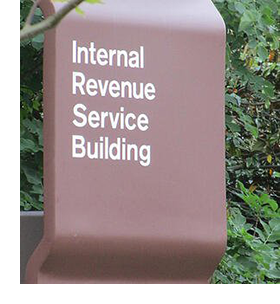In a blow to several high-tax states, a federal judge has upheld a key provision of the Tax Cuts and Jobs Act (TCJA), the State and Local Tax (SALT) deduction cap.
Under the TCJA, congress placed a cap on the amount taxpayers could claim on their Schedule A for state and local taxes.













